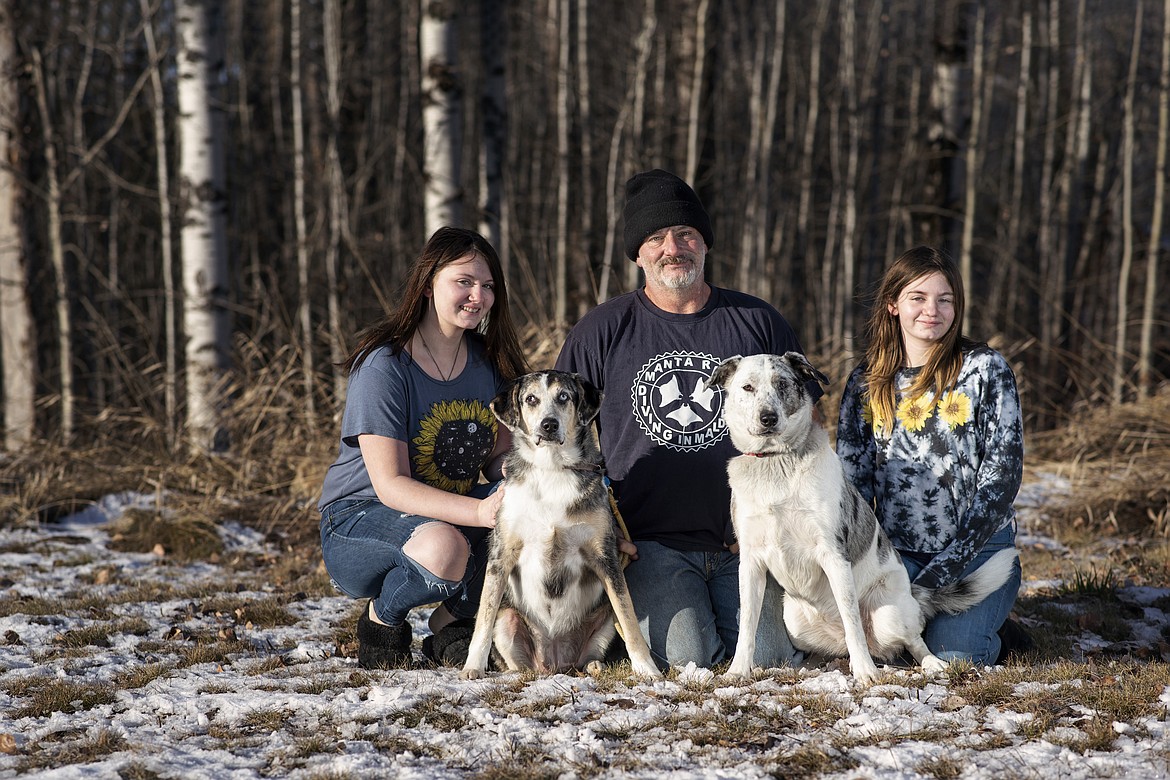Pets and people: Better together
If you have a pet, you’ve likely experienced this: You’re upset or stressed, but snuggling with your dog makes you feel better. Or, you get home after a long day at work and seeing your cat automatically cheers you up.
This isn’t just some inexplicable phenomenon or your imagination—it can be explained by science and has to do with the human-animal bond. The importance of the human-animal bond is why Better Together Animal Alliance (formerly Panhandle Animal Shelter) like many animal shelters across the country, devotes its resources to helping families and pets stay together, so animals never have to enter our facility.
First, more about why our furry companions make us feel so good. There is evidence that animals have a positive effect on various hormones, but a key one is oxytocin. Studies show that interaction with pets increases levels of oxytocin, the hormone related to bonding and socialization, notably promoting “maternal care in mammals,” according to the Human Animal Bond Research Institute (HABRI). For example, a 2009 study in the journal Anthrozoos found that women’s oxytocin levels increased after coming home from work and interacting with their dog for 25 minutes. Oxytocin, also known as the “love hormone,” lowers our heart rate, respiration rate and blood pressure, and reduces our stress.
On the flip side, studies also show that dogs’ oxytocin levels increase when interacting with their owners as opposed to a stranger, according to HABRI.
HABRI also notes that psychologically, caring for an animal can encourage people who are struggling to take more care of themselves.
If you have a pet, maybe you don’t need science to explain other emotional, physical and social benefits. Pets provide companionship and unconditional love. Their antics make you laugh and bring you joy. Maybe you stay fit by walking your dog, or you’ve made friends with your neighbor through your mutual love of cats.
The bond between people and their pets runs deep, and people don’t want to give up their pet to an animal shelter. They just feel like they have no other options, whether they are going through financial, medical or other life circumstances. Animal shelters can address this by providing resources to pet owners, preventing the need to surrender the pet. Better Together Animal Alliance’s programs do just that, and staff are serving more pets than ever before, with fewer entering the shelter each year. Here are some of the ways we support people and their pets:
We support nearly 950 pets through our Pets for Life program – which focuses on serving neighborhoods with the fewest resources - providing various services, like free pet food, spay/neuter surgeries, vaccines, microchips, minor medical care, pet supplies and advice.
In 2020, our helpline administrator received 218 requests to surrender an animal, but after getting advice and resources, only 71 of them entered the shelter.
With our local Home To Home program, which gives owners a platform to find new homes for their pets with support from Better Together Animal Alliance, 482 animals found new homes in 2020 without ever entering the shelter.
We trust our community members and respect the bond they have with their pets. It’s better for the animals to stay in their homes, too—after all, they have a bond with their owners and can get stressed and sick in the shelter environment.
What it comes down to is this: People and pets are better together and because we know the strength, reward, and transformational power of a bond with a pet, we owe it to the animals and our community to support that.
For more information about Better Together Animal Alliance, visit bettertogetheranimalalliance.org



